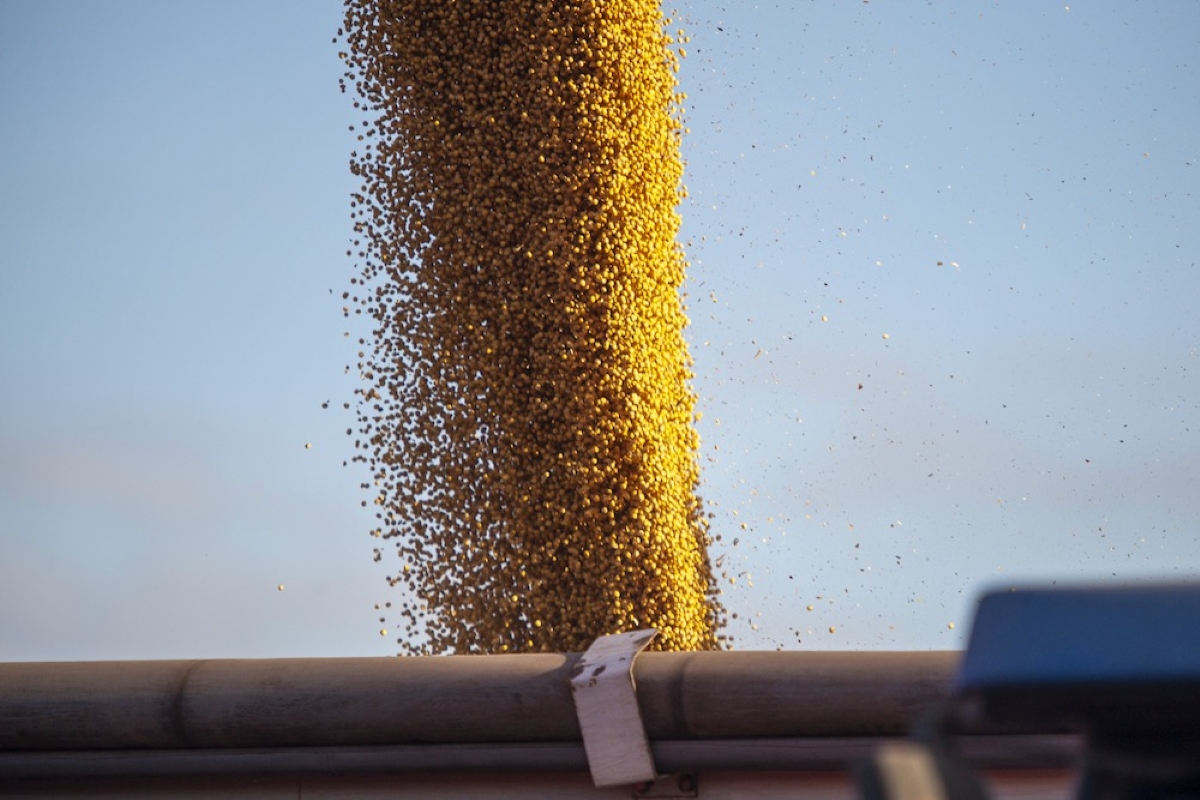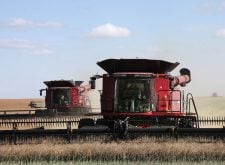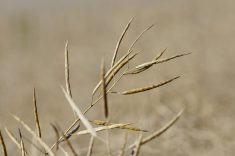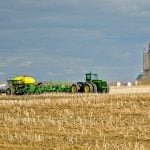CNS Canada –– Despite freezing temperatures in some parts of Western Canada over the past few days, canola appears to be relatively healthy, according to crop watchers.
While the true extent of freezing mornings that started last Thursday and stretched into the weekend isn’t yet completely known, two agronomy specialists from the Canola Council of Canada say the bulk of the crop is either still in the ground or hasn’t been planted yet.
“I think from what I understand that calling around and talking to my contacts that the majority (of the Manitoba crop) was protected,” said Angela Brackenreed at Minnedosa, Man.
Read Also

Brazil to reap record soy crop in 2025/2026, increase exports
Brazil’s Conab said the country will reap a record soybean crop of 177.6 million tons in the 2025/2026 harvest year, according to data released on Thursday.
Some of the canola that was more exposed could be slightly injured, she added, but the fact the freeze happened while temperatures were still relatively low may mitigate that.
“We did have a gradual cooling,” she said, “It’s not like it went from +30 C to -5.”
Brackenreed’s counterpart in Alberta seconded that assessment.
“To have those types of conditions with plants that are close to the ground and just emerging isn’t the worst-case scenario,” said Keith Gabert at Innisfail, Alta.
The mercury touched -6 C at Castor, 140 km east of Red Deer, he noted.
That said, it doesn’t seem to have hurt the canola crop.
“I followed up with a retailer who hadn’t heard of significant frost damage in the neighbourhood,” he said, stressing it would still be a day or two before knowing for sure.
Generally speaking, producers in Alberta are advised not to seed canola before the start of May, he said.
Thus, while there’s a chance some canola has been injured, he doubted it would be a significant amount.
“I’ll be surprised if there’s huge damage.”
— Dave Sims writes for Commodity News Service Canada, a Winnipeg company specializing in grain and commodity market reporting. Follow CNS Canada at @CNSCanada on Twitter.














